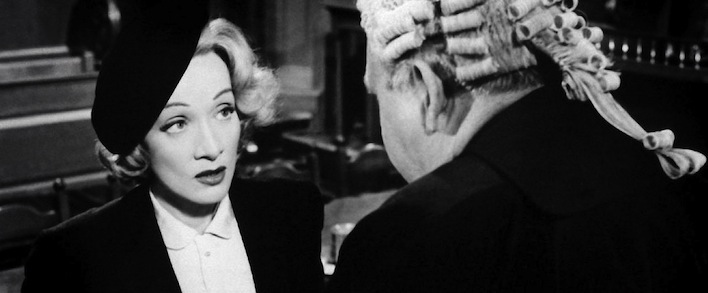Mimesis at service of justice in the Angelopoulos’ film Anaparastassi
Abstract
A man was killed by his wife and her lover in a remote village of Epirus. The episode, inspired by a true story, is the narrative device of the first feature film by Theo Angelopoulos, Anaparastassi (Reconstruction, 1970). In this film the reconstruction of the crime results as a criticism of the judicial system, concentrated mainly about the discovery of the guilty, rather than situations of economic, social and moral degradation.
Angelopoulos's film was shot during the Greek Regime of the Colonels: in an atmosphere of oppression and censorship director introduce into a detective fiction seemingly innocuous a strong complaint against the social and political system.
Mimesis is here conceived as a reconstruction of reality and also as its interpretation, where the goal of absolute truth becomes a utopia that calls into question the justice system itself.
It is assumed that the law need representation in order to carry out its role: working on a scene that is never the reality, although its effects are real. This short-circuit between reality and representation in the judicial system is analyzed by Angelopoulos using also the myth of exile and return, and relying on the narrative structure of detective fiction, while systematically betraying its rules: there is no mystery behind this crime, the audience is led to the discovery of universal laws and mechanisms, which are not the final result that count rather than the discovery of new questions may have no solution. In this film there are already the stylistic elements that characterize the later works of the Greek director, first of all the distancing effect through which you can resolve the dichotomy between reality and representation.
Downloads
References
Arecco, Sergio, Thodoros Anghelopulos, Firenze, La Nuova Italia, 1978.
Benjamin, Walter, Angelus Novus, Torino, Einaudi, 1995.
Bierl, Anton, Die Orestie des Aischylos auf der modernen Bühne: Theoretische Konzeptionen und ihre szenische Realisierung, 1996, trad. it., L’Orestea sulla scena moderna. Concezioni teoriche e realizzazioni sceniche, Roma, Bulzoni, 2004.
Camerino, Vincenzo - Sotiris, Demetriou, Il cinema greco, Maduria, Edizioni Barbieri, 2002.
Ciment, Michel - Tierchant, Helene, Theo Angelopoulos, Parigi, Edilig, 1989.
Demopoulos, Michel - Liappas, Frida, “Intervista con Theo Angelopoulos”, Synkronos Kinematographos, 1(1974); Positif, 174(1975); Incontro con il cinema greco: dal dibattito svoltosi a Venezia al Palazzo del cinema il 31 agosto 1975, Venezia, La Biennale di Venezia, 1976: 35-39.
Fainaru, Dan (ed.), Theo Angelopoulos: interviews, Jackson, University Press of Mississippi, 2001.
Foglietti, Mario - Vergerio, Flavio, “Al di là del mito. Colloquio con T. Anghelopulos”, Rivista del cinematografo, 12 (1975): 35-42.
Horton, Andrew, The Last Modernist: The Films of Theo Angelopoulos, New York, Praeger, 1997.
Maraldi, Antonio - Martini, Giacomo (eds.), Cinema greco, Cesena, Il Ponte Vecchio, 1998.
Martini, Giacomo - Pedrini, Tiberio, Theo Angelopoulos & New Greek cinema, Sasso Marconi, I quaderni del battello ebbro, 2000.
Minucci, Paola Maria (ed.), Theo Angelopoulos, Bologna, Revolver, 2004.
Moine, Raphäelle, I generi nel cinema (Les genres du cinéma, 2002), Torino, Lindau, 2002.
Rollet, Sylvie (ed.), Théo Angelopoulos: au fil du temps, Paris, Presses Sorbonne nouvelle, 2007.
Stathi, Irini, “Theo Anghelopoulos: Mito, Storia e Rappresentazione”, Theo Angelopoulus & New Greek cinema, Eds. Martini Giacomo - Pedrini Tiberio (2000): 13-24.
Vernant, Jean-Pierre - Vidal-Naquet, Pierre, Mito e tragedia due. Da Edipo a Dioniso, Torino, Einaudi, 2001.
Copyright Notice
You are free to copy, distribute and transmit the work, and to adapt the work. You must attribute the work in the manner specified by the author or licensor (but not in any way that suggests that they endorse you or your use of the work).









